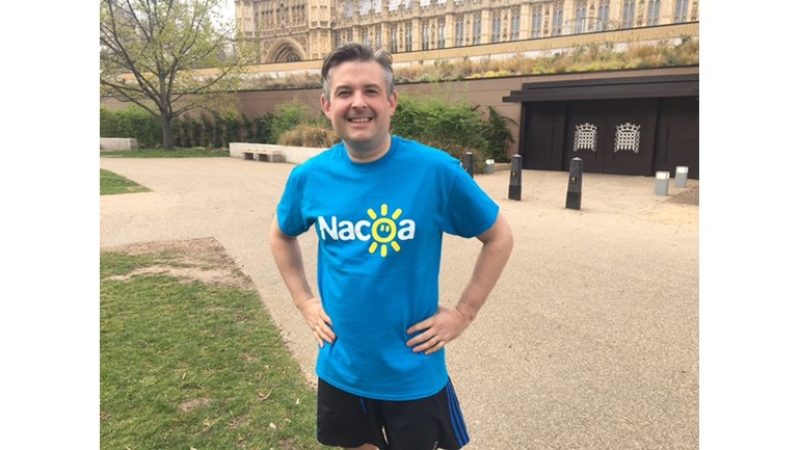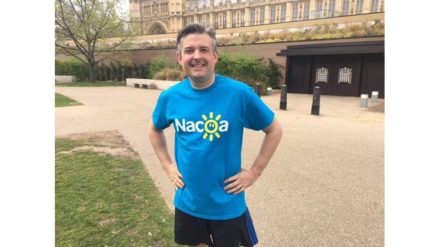

I’ve never really spoken out about this at great length before. When I was first elected I spoke to my local paper, the Leicester Mercury, and have alluded to it on a couple of other occasions. And earlier this year I spoke in greater detail first to a national newspaper and then in Parliament.
My dad was an alcoholic.
There I’ve said it. I don’t like saying it, in fact even writing this blog makes me feel guilty, makes me feel ashamed that somehow I’m betraying my father’s memory.
The intensity of my dad’s drinking ebbed and flowed throughout my life but was always constant, always there in the background colouring every memory, happy and sad. I was in a school play, I wasn’t worried about remembering lines but whether my dad would turn up drunk. Or the summer coach trips to Blackpool – on the “chara” as my dad would call the coach, my worry was always to get my dad out of the pub so we didn’t miss the chara home as panicked visions of us sleeping in deck chairs on the beach played in my mind. Or just simply weekends spent at home with my dad as he drank bottle after bottle of wine. As I say, memories both happy and sad.
But he always wanted the very best for me, wanted me to do well and he provided what he could for me. He was always funny, well informed, very political. He was a Labour man through and through. And he loved me and I loved him. Despite it all I was a happy child, I got on with life. I threw myself into the Labour Party at 15, I was – and still am – determined to change society for the better.
But it’s not the same for every child of an alcoholic.
When I accepted the position of shadow health secretary I knew immediately I wanted to use the shadow cabinet platform to speak out about alcoholism and its wider impact on children. Obviously because of my family background but also because I was inspired by the pioneering work of Liam Byrne and Caroline Flint who have not only spoken out about their own personal circumstances growing up with an alcoholic parent but have crucially produced a manifesto of policy action for government.
Today experts estimate that up to 2.5 million children could be living with an alcoholic parent while children of alcoholics are more likely to go onto suffer mental health problems and abuse alcohol or drugs themselves. Yet neither national government nor local government have specific strategies to support children of alcoholics. There isn’t even a nationally funded helpline or website children can turn to for help. As shadow health secretary I’m supporting Liam and Caroline’s work calling for a national strategy and I’m also pleased that the public health minister Nicola Blackwood has recently met with us and agreed to work with us on producing policy initiatives to support children of alcoholics.
But I wanted to do something extra as well. So two months ago I decided to run the London marathon for the first time ever. I don’t mean my first time running the London marathon I mean my first time ever running any race of any kind since school days. I’ve never even ran a 10K competitive race. In the last few years I’ve taken up jogging but never done anything like this. I’ve no idea how I’ll do it though I can report I just about managed a 20 mile run last week.
I’m running for a charity dedicated to supporting children of alcoholics called NACOA (National Association for Children of Alcoholics). They provide help and support for children and others affected by a parent’s drinking. They do brilliant things and for example need more support so that the helpline they operate can go nationwide.
So I’m running to highlight an issue that affects 2.5 million children. I’m running for every family affected by alcoholism and the remorseless toll it takes. And yes, I’m also running for my dad.
Wish me luck, I think I’ll need it!
If you want to sponsor Jon please visit his Just Giving page.




More from LabourList
‘As metro mayors gain power, Labour must tighten political accountability’
Letters to the Editor – week ending 22 February 2026
‘The coastal towns where young people have been left behind by Whitehall’